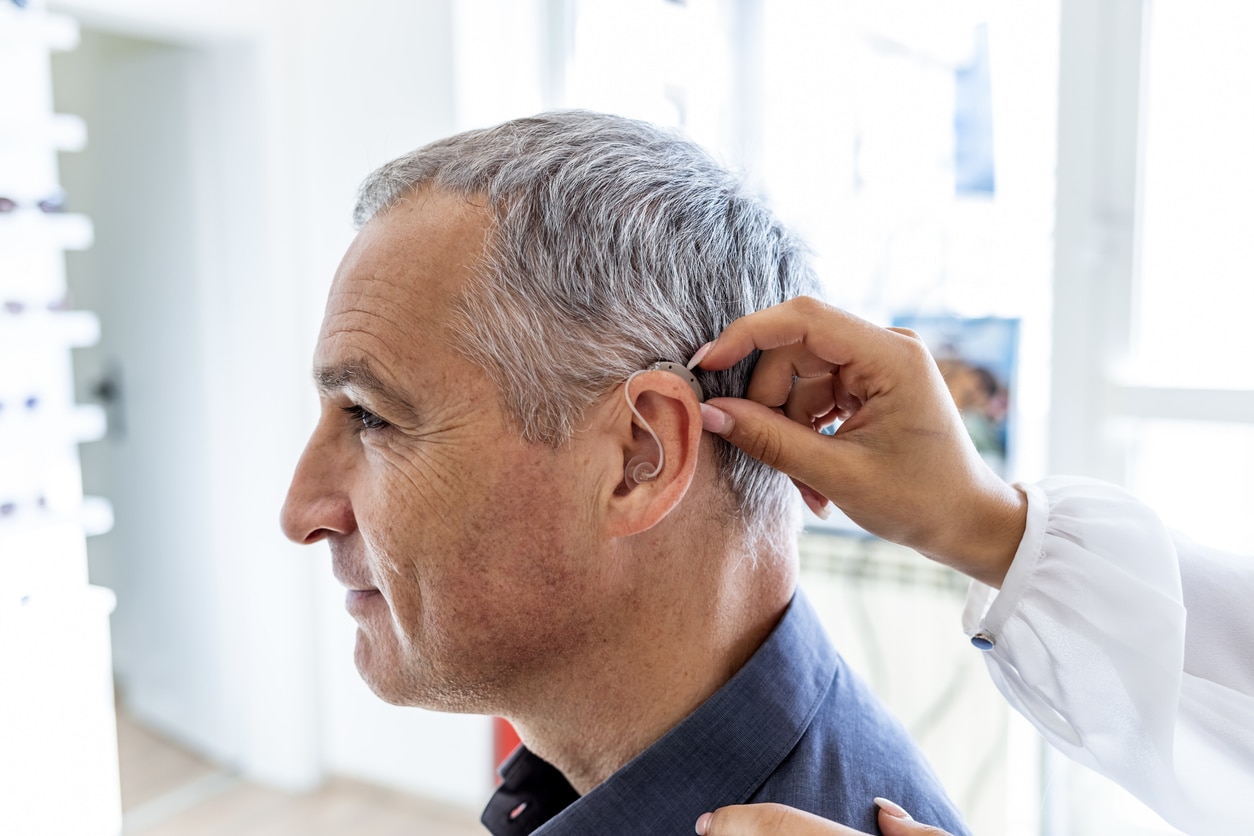In the U.S., 28.8 million people stand to benefit from the use of hearing aids. Yet, on average, individuals wait more than five years to seek help after first noticing hearing difficulties.
This reluctance to adopt hearing aids is often rooted in stigma and denial. However, when confronted with the reality of age-related hearing deterioration or auditory conditions, the adoption of hearing aids isn’t just a necessity; it can be a factor contributing to a better quality of life. Read on to learn more about what makes a great candidate for hearing aids.
Embracing the Gift of Clarity

If following a conversation in a busy room or catching every word from a speaking partner across the room becomes a struggle, it may be an indication you need hearing aids. This common sign of hearing loss shouldn’t be ignored. Hearing aids are crafted to enhance voice clarity, allowing users to tune into life’s dialogues with ease and reducing instances where you might need to ask others to repeat themselves.
It’s also often those around us who first pick up on the subtle shifts in our hearing capability. When family or friends voice their concerns, it’s an act of care that deserves attention. Acknowledging their observations can be the first step toward better auditory health.
When the background buzz of a favorite café or the chatter in a dining hall makes understanding companions difficult, it’s more than a mere annoyance; it’s a signal that hearing aids could enrich your social experiences. These devices are engineered to differentiate speech from noise, making every interaction more enjoyable and less tiring.
A Proactive Approach
Maintaining hearing health requires attention and timely action. Early engagement with hearing health professionals can not only preserve but potentially enhance your current hearing abilities.
If you’re ready to learn how hearing aids might improve your life or have concerns about your hearing capabilities [Company] is here to guide you through the journey towards better hearing. Contact us to arrange a comprehensive hearing assessment.
